Rewilding is a progressive approach to conservation. It’s about letting nature take care of itself, enabling natural processes to shape land and sea, repair damaged ecosystems and restore degraded landscapes. Through rewilding, wildlife’s natural rhythms create wilder, more biodiverse habitats.
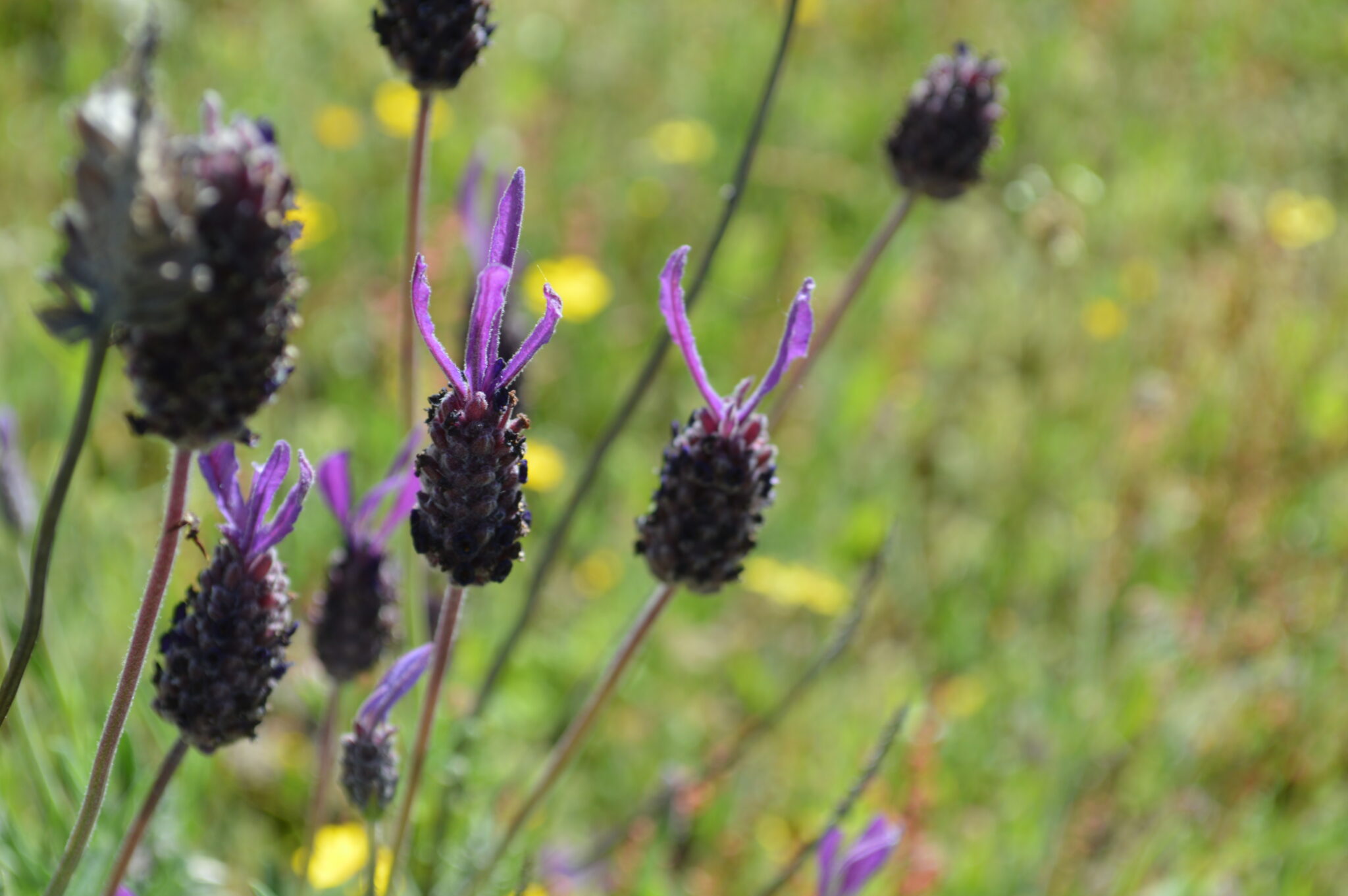
Wildlife is already making a spectacular comeback across Europe including in the Iberian Peninsula, offering us an opportunity to rewild our landscapes and find more sustainable ways to coexist with nature. Dismissing the idea of fixed habitats, rewilding initiatives work to rebuild important ecological functions and trophic chains, and to establish greater ecological connectivity between natural areas.
The principles of rewilding
Rewilding practitioners from across Europe have co-formulated a set of principles that characterise and guide rewilding in a European context. All equally important, these are as follows.

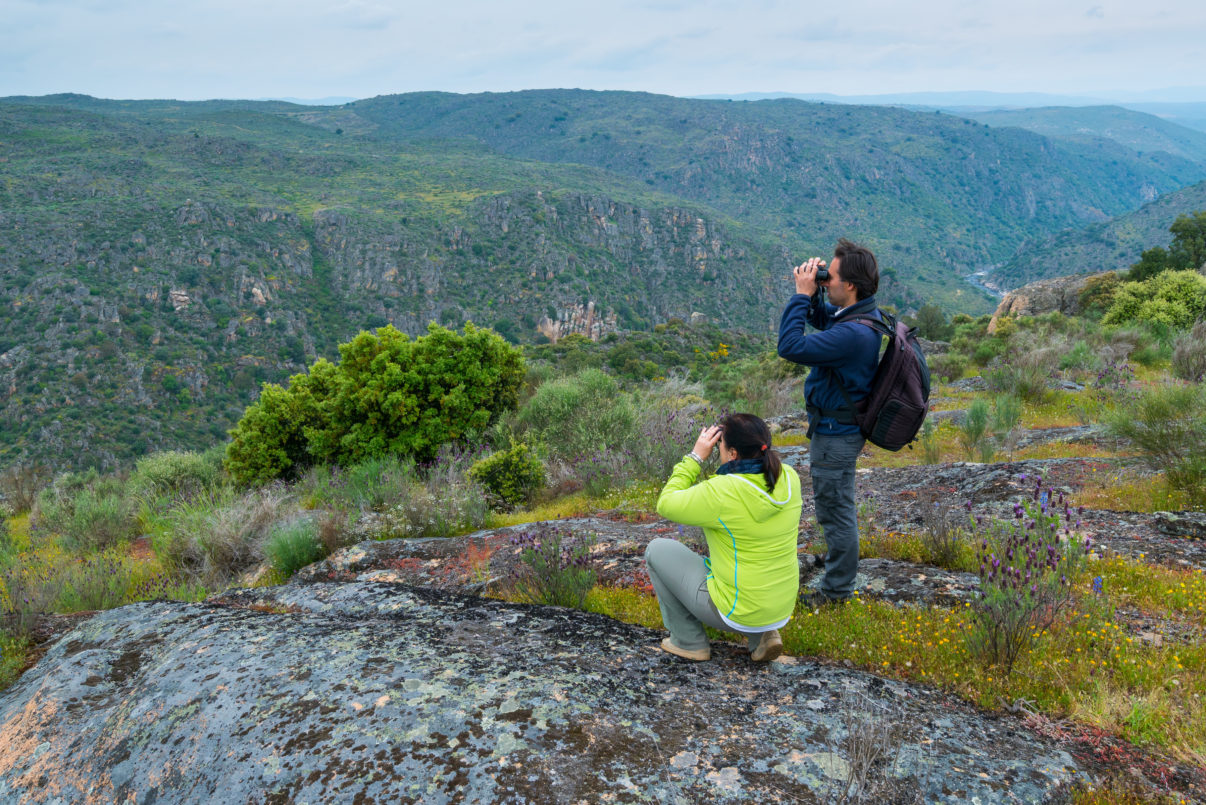
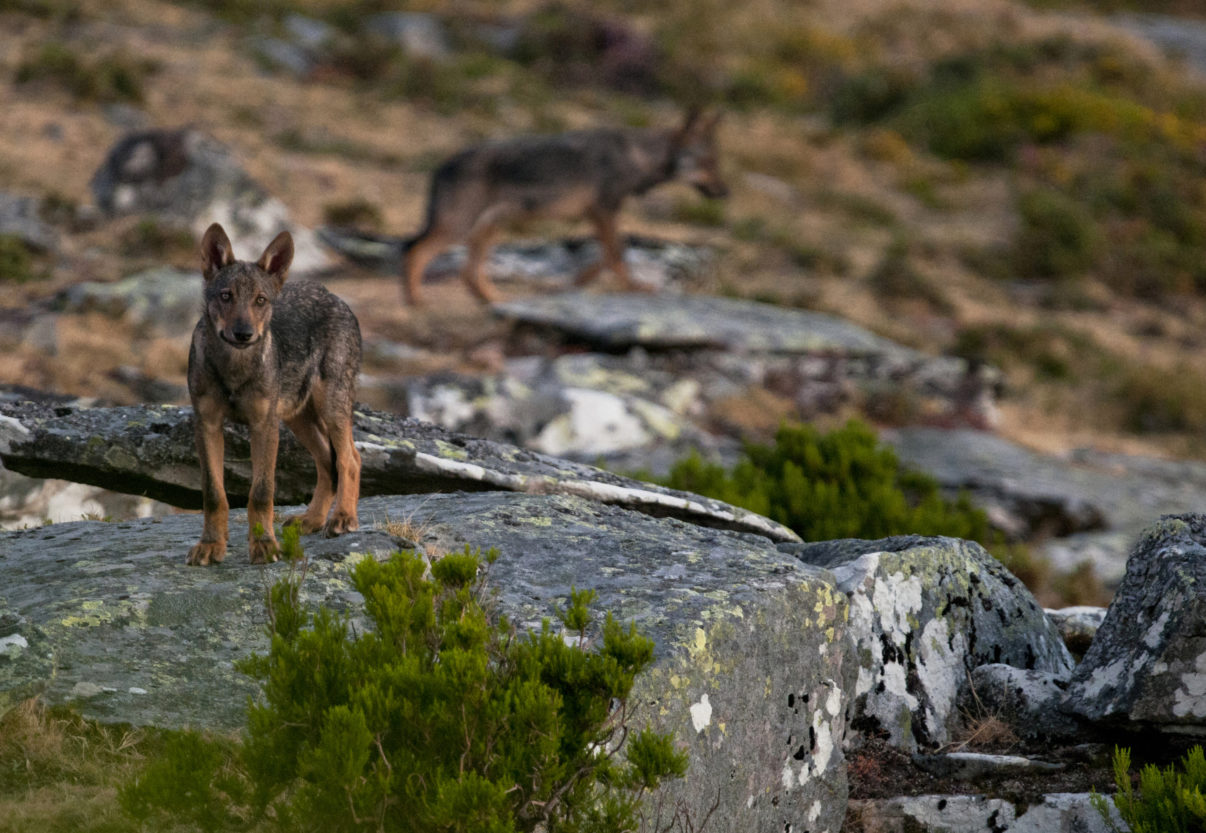
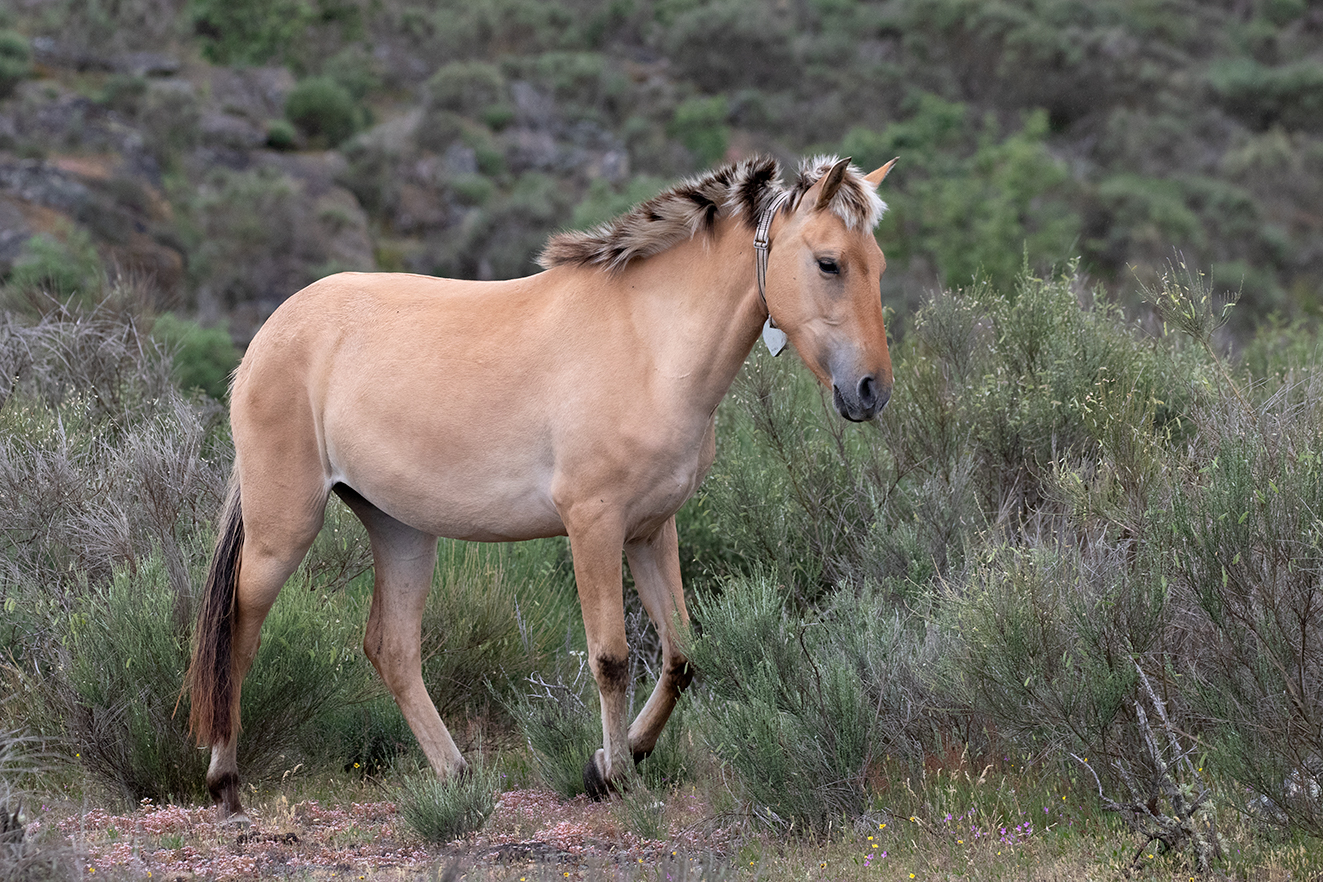
Providing hope and purpose
Rewilding generates visions of a better future for people and nature that inspire and empower. The rewilding narrative not only tells the story of a richer, more vital tomorrow, but also encourages practical action and collaboration today.
Offering natural solutions
By providing and enhancing nature-based solutions, rewilding can help to mitigate environmental, social, economic and climatological challenges.
Thinking creatively
Rewilding means acting in ways that are innovative, opportunistic and entrepreneurial, with the confidence to learn from failure.
Complementary conservation
By enhancing wild nature and its myriad benefits at all scales, rewilding complements more established methods of nature conservation.
Letting nature lead
Rewilding lets restored natural processes shape our landscapes and seascapes in a dynamic way. This will see us intervene less in nature going forwards.
Working at nature’s scale
Rewilding means working at scale to rebuild wildlife diversity and abundance and giving natural processes the opportunity to enhance ecosystem resilience.
People are key
Rewilding embraces the role of people – and their cultural and economic connections to the land – working within wider, naturally vibrant ecosystems.
Building nature-based economies
By enhancing wildlife and ecosystems, rewilding provides new economic opportunities through the provision of nature-based livelihoods and income.
Acting in context
Approaching rewilding with a long-term knowledge of the environmental and cultural history of a place. Taking account of the cultural, political and physical realities of landscapes and seascapes in rewilding efforts.
Working together
Building coalitions and providing support based on respect, trust and shared values. Connecting people of all backgrounds to co-create innovative ways of rewilding and deliver the best outcomes for communities and wild nature.
Knowledge exchange
Exchanging knowledge and expertise to continually refine rewilding best practice and achieve the best possible rewilding results.
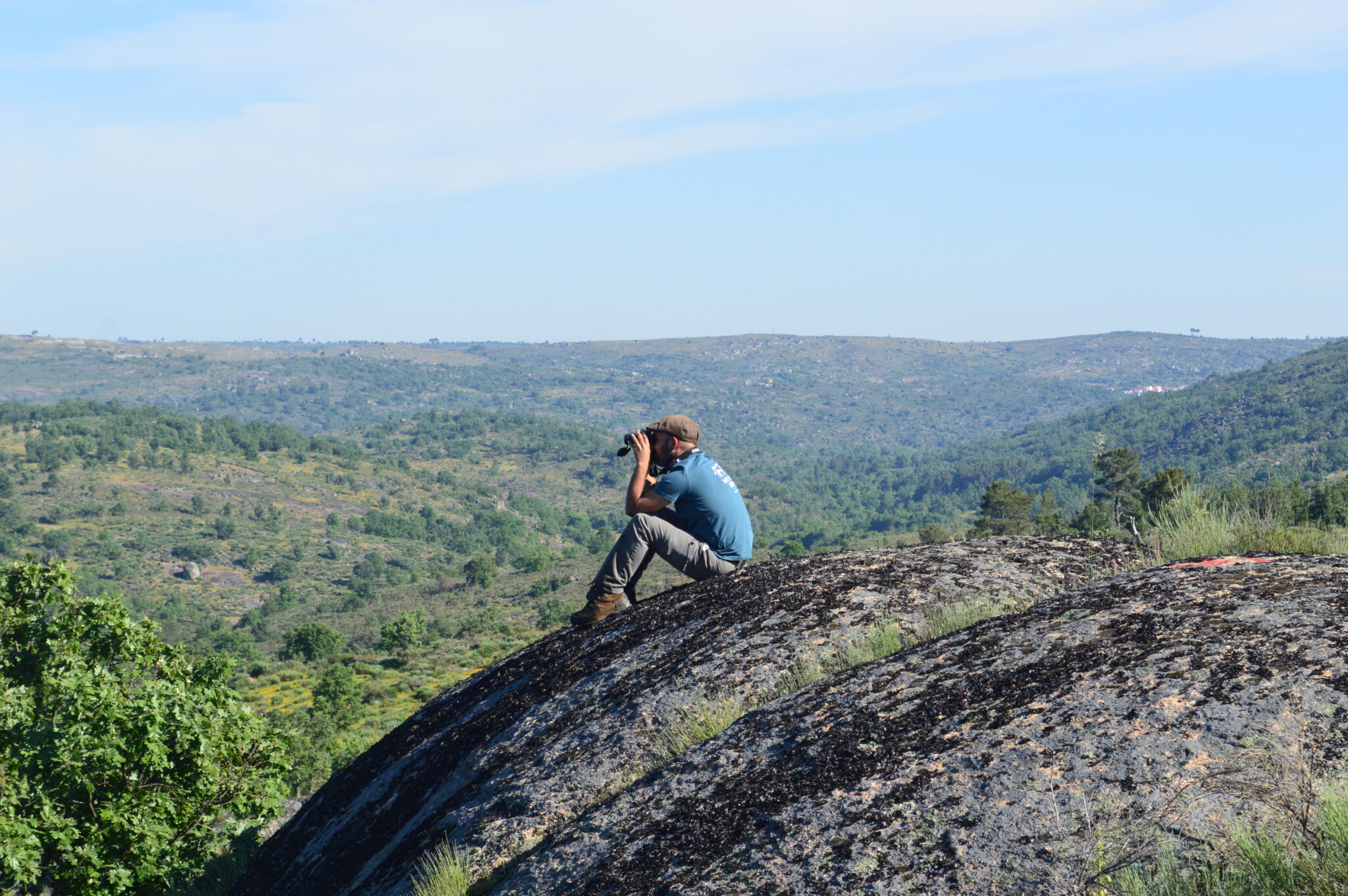
Guidelines for the preparation of the National Restoration Plan
Rewilding Europe has developed a practical guide to support policymakers and other stakeholders involved in the preparation and development of National Restoration Plans (NRPs) under the Nature Restoration Regulation (the Regulation).
The structure reflects the uniform format of the NRPs for ease of reference, with direct links to sections. It provides practical examples, data, and information to illustrate how rewilding can help implement National Restoration Plans and achieve the objectives of the regulation.
Can be consulted here.